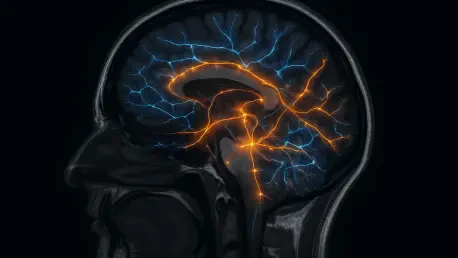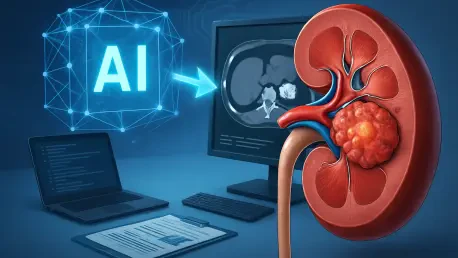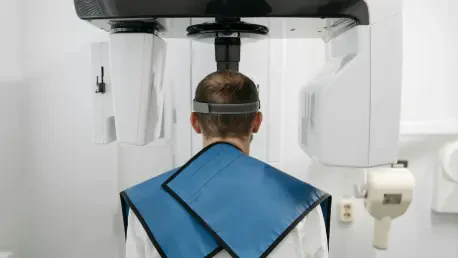
The Radiological Society of North America’s 2025 annual meeting in Chicago sent a clear and powerful message that the next great leap in medical imaging will be defined not by algorithms or hardware alone, but by a profound and renewed focus on the individual. The conference’s central theme,

The race against time in diagnosing severe infections like meningitis or sepsis often dictates patient outcomes, where every hour of delay can have dire consequences. For decades, clinicians have relied on traditional laboratory methods, a process that, while reliable, is often painstakingly slow,

The sheer volume of medical imaging studies performed daily has placed an unprecedented strain on radiologists, creating a critical bottleneck in the diagnostic process where early detection can mean the difference between life and death. With a global shortage of these highly trained specialists

The global nuclear imaging equipment sector is experiencing a period of technologically advanced and sustained growth, with projections indicating the market will expand from its estimated size of USD 7.21 billion in 2025 to a notable USD 9.52 billion by 2034. This expansion, representing a

The echoing hum of a magnetic resonance imaging (MRI) machine can be an intimidating experience for anyone, but for a child, the necessity of remaining perfectly still in a confined space for an extended period often requires the use of general anesthesia. This common medical procedure, while

The period of uncertainty between the discovery of a potential health issue and the delivery of a definitive diagnosis often represents the most harrowing part of a patient's journey, a limbo filled with anxiety and speculation for both individuals and their families. This stressful waiting game,